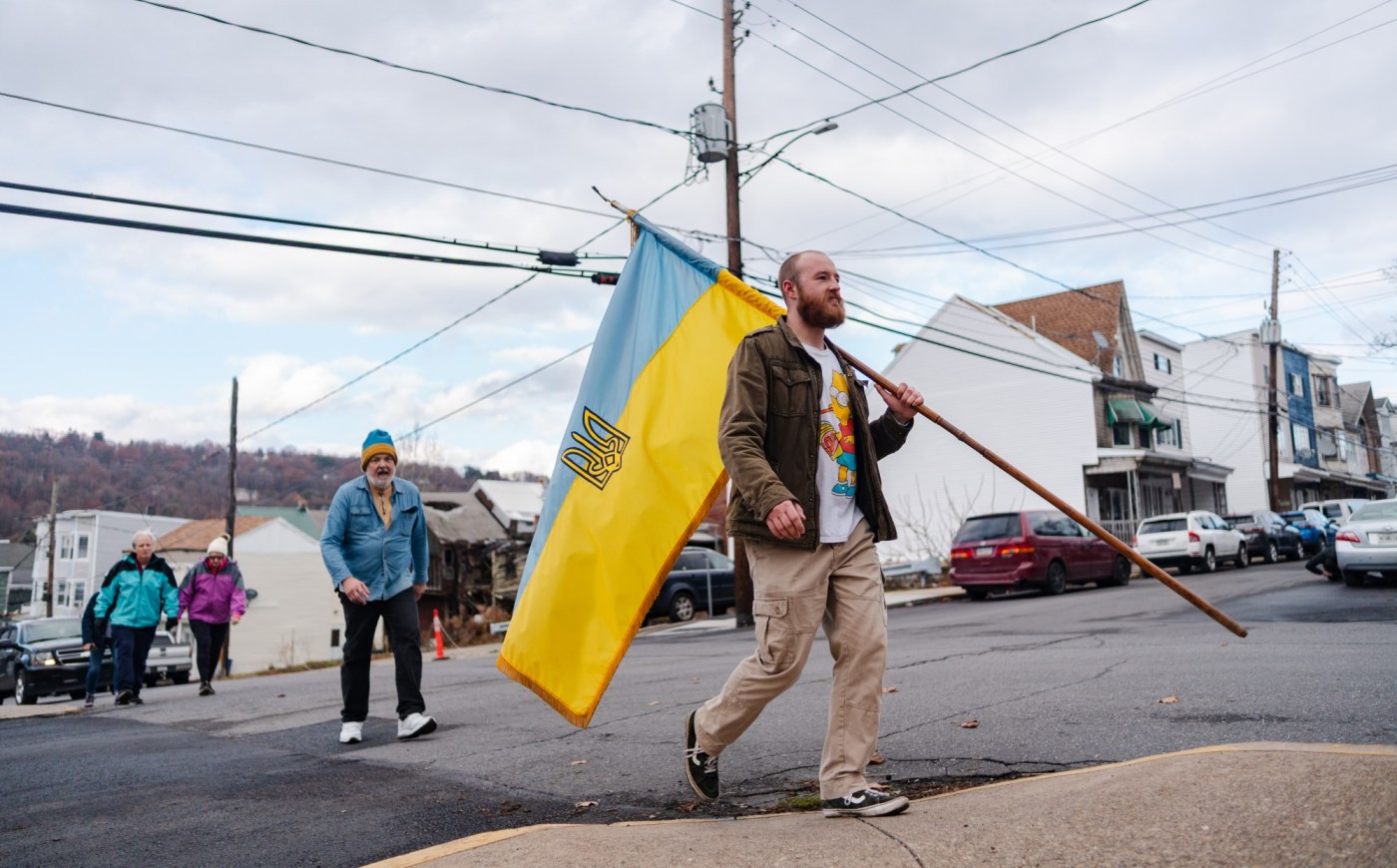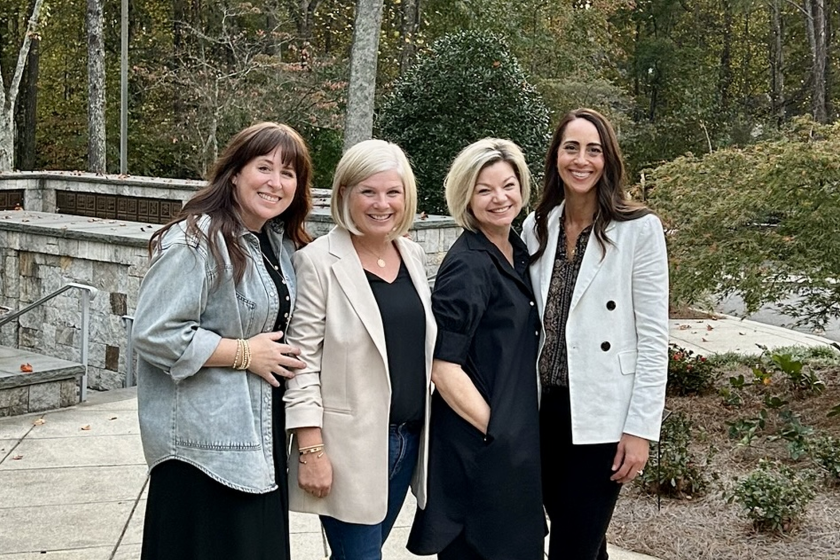A significant transformation in Alabama’s support for the transgender community stems from the enduring legacy of Miss Major Griffin-Gracy, a pivotal figure in the fight for trans rights. Following her passing on October 18, 2023, her contributions are being commemorated, particularly through two Black trans-led organizations that provide essential care and support to those in need.
On what would have been her birthday, a memorial event took place at the Mosaic Templars Center in Little Rock, Arkansas, where community activists celebrated Miss Major’s influential life and work, which spanned over five decades. She was a fierce advocate for trans rights, famously participating in the Stonewall Riot in June 1969, where she confronted law enforcement harassment against LGBTQ+ individuals.
Miss Major’s activism extended into the 1980s when she founded the Angels of Care, a group dedicated to caring for individuals affected by the HIV/AIDS epidemic. By the time she made Arkansas her home in 2018, she had created an environment of support known as the House of GG, a retreat for trans individuals seeking respite and restoration. Her mantra, “I’m still f**king here!” encapsulated her resilient spirit and commitment to the community.
In Alabama, two organizations, TKO and TAKE, carry forward Miss Major’s legacy by addressing critical needs in the Black trans community. TKO, established as Alabama’s first Black and trans-led AIDS service organization, has been at the forefront of providing care despite a backdrop of increasing anti-trans legislation in the state. For instance, Alabama became the first state to classify medical professionals providing gender-affirming care to minors as felons.
The impact of these organizations is profound. TAKE, founded by Daroneshia Duncan-Boyd, began as a grassroots support group in 2013 and has since evolved into a multimillion-dollar nonprofit, offering a range of services including job training, legal assistance, and emergency shelter through its Gloria’s Safe Haven initiative. Duncan-Boyd attributes her leadership style to the teachings of Miss Major, emphasizing community building as a vital tool for effective activism.
During her interactions with Duncan-Boyd, Miss Major’s nurturing spirit was evident. Their first meeting at the annual Black Girls Rulez convention forged a deep bond that allowed Duncan-Boyd to learn from Miss Major’s extensive experience. “She told me that my leadership reminded her so much of her leadership at a younger age,” Duncan-Boyd recalled, highlighting the mentorship that was a hallmark of Miss Major’s approach.
Miss Major’s influence is not limited to those directly engaged in her initiatives. TC Caldwell, Executive Director of TKO, described being inspired by her commitment to the community, noting how she would often go out into the neighborhoods to check on those in need. “That was her Batmobile,” Caldwell remarked, drawing parallels between Miss Major’s outreach and the current efforts of TKO and TAKE.
Both organizations continue to address the challenges faced by the Black trans community, including high rates of unemployment and homelessness. According to a 2011 analysis by the National LGBTQ Task Force, Black trans individuals face an unemployment rate of 26 percent, with 41 percent reporting experiences of homelessness. Such statistics underscore the urgency of the work being done by TKO and TAKE.
Miss Major’s visits to Alabama reinforced her connection to the community. During one visit, she participated in a screening of a documentary, sharing laughter and stories with local activists. Her presence was a source of joy and empowerment, as she engaged with attendees not merely as an activist but as a mother figure.
As both organizations build upon her legacy, they prioritize creating spaces for healing and joy. TKO hosts events that foster connection and emotional support, while TAKE’s Monica Roberts Freedom School trains Black trans individuals to become advocates for change. Caldwell stated, “We want people to jump through hoops to get resources. But people like Miss Major are like, ‘Baby, let me make sure you’re taken care of first.’”
The enduring impact of Miss Major’s work resonates through the actions of current activists, including Fay Banks, who is dedicated to supporting formerly incarcerated trans women. Banks noted, “She was the mother of the movement,” emphasizing how Miss Major’s fearless advocacy has left a lasting impression on the fight for trans rights.
Despite her passing, the community continues to rally around Miss Major’s spirit. Activists express a commitment to honor her legacy by advocating for justice and joy in their daily lives. “We’re gonna chant her name till we can’t chant no more,” Banks affirmed, highlighting the determination to keep her memory alive and active in the ongoing struggle for trans rights.
Miss Major Griffin-Gracy’s contributions to the trans rights movement have been instrumental in shaping organizations that provide vital support to Black trans individuals in Alabama. Her legacy remains a guiding force for activists who continue to fight for justice, care, and community in the face of adversity.







